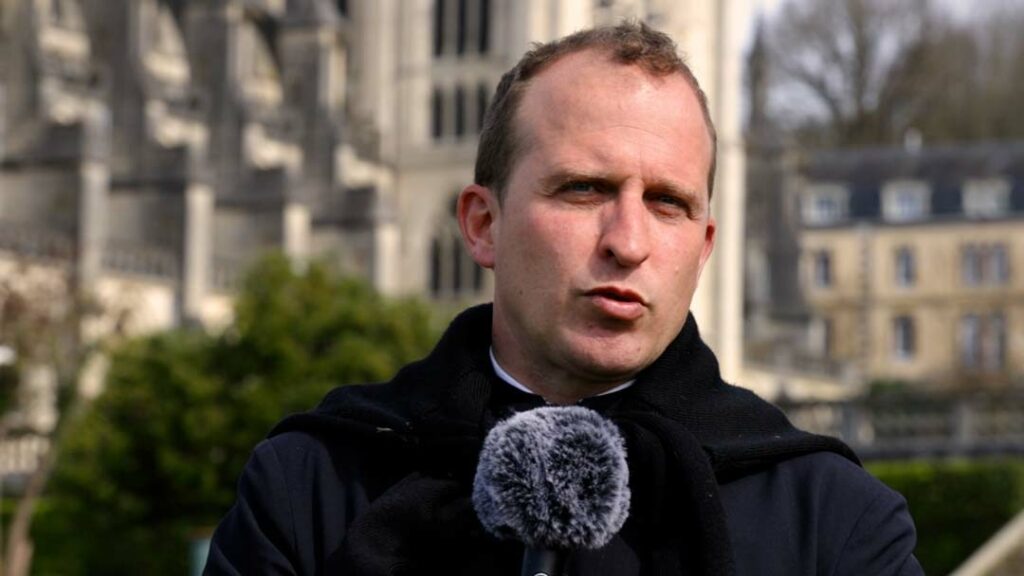The French bill on assisted dying is giving rise to much debate. However, the cry of someone who wants to die does not necessarily mean terminating life. Rather, attention and presence should be offered.
Sufferers should get support
Every effort should be made to relieve suffering. It is not a question of keeping people alive at all costs, as the notion of prolonged medical intervention suggests. Supportive care is the alternative to assisted suicide. The goal is to provide relief to the patient – which sometimes can hasten death -, not euthanasia.
Euthanasia is when an act to bring about death is performed – or deliberately not performed.
The absurdity of suffering and loneliness
Pain is an unfortunate part of human experience, albeit absurd and meaningless. In most cases, the cry of suffering should not be understood as a request to die, but rather as a call not to be left alone with one’s pain.
When I come across requests for death, I think of the great biblical figures: Moses, Elijah, Job, who called for death in difficult times.
I remember my own father, who was seriously ill, telling us that he wanted to die. It was of course a tough time for all of us. However, his cry was not a death wish but a plea for help and comfort.
Attending the end of life: a matter of brotherliness
In our society advocating humanity and fraternity, the question to ask should be: how can we support those who suffer in a dignified manner?
To find out more :
Who bears the brunt of the act?
Regarding the act of assisted suicide, the decision rests more on the society that carries it out than on the suffering individual, with the caregivers bearing most of the brunt. This puts huge pressure on others.
“I don’t want to be a burden“
Often, distress expressed in terms such as “I don’t want to be a burden” reveals a deep-seated fear of losing one’s autonomy and dignity. Yet interdependency and looking after each other is part of the human condition. It is also a key theme in the debate on the new French bill on assisted dying.




